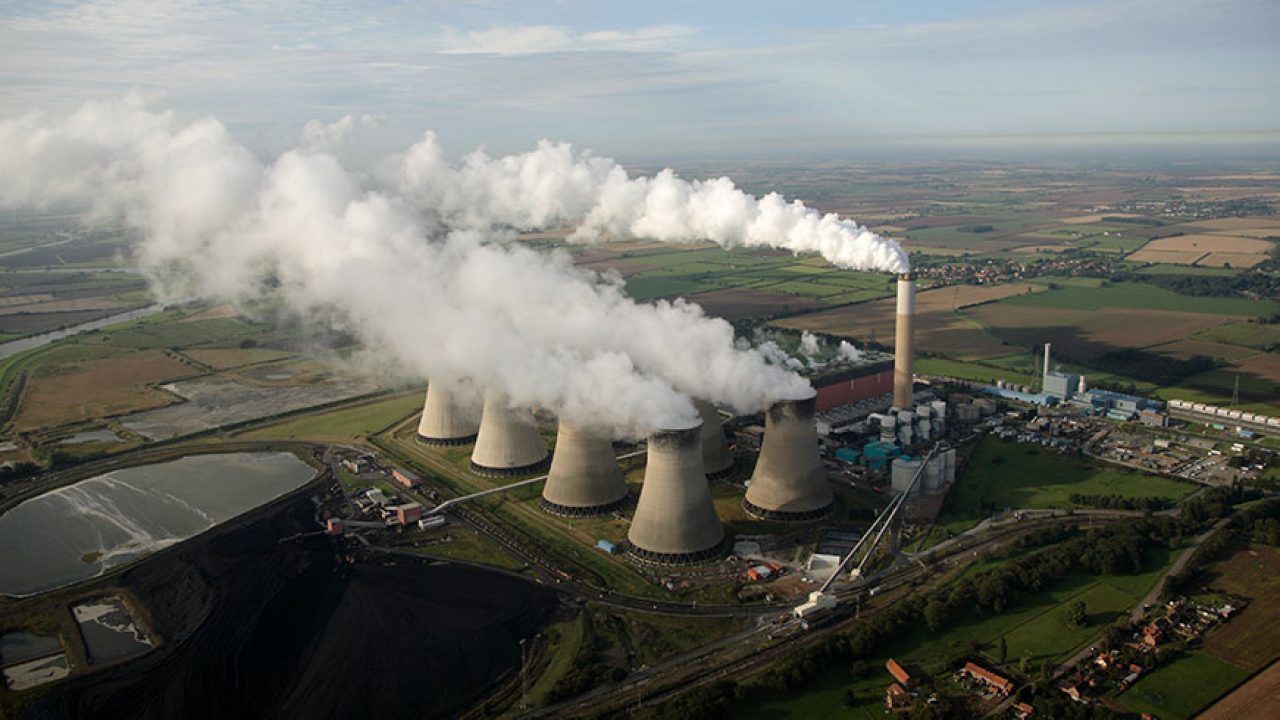11 Dec 2024

Tired Earth
By The Editorial Board

The Morrison government has made it known to the owners of the Vales Point coal-fired power plant that they are likely to get an $11m grant to upgrade the facility in the May budget.
Canberra buried the probable commitment to the coal project on page 12 of a 13-page $2bn agreement with the Berejiklian government to increase gas supply and reduce greenhouse gas emissions from the electricity sector.
The agreement says the commonwealth will fund three state projects that have applied for support through the Morrison government’s underwriting program. The Vales Point upgrade, pursued by energy baron and LNP donor Trevor St Baker, was shortlisted by the energy minister, Angus Taylor, last year.
Scott Morrison characterised the Vales Point upgrade at the time it was shortlisted as “one very small” coal project. At the time, Morrison was battling tensions between Liberals opposed to taxpayer support for coal and Queensland Nationals championing it, with the federal election in sight.
Those tensions have reignited with the resumption of federal parliament this year, with some Liberals arguing the government should pursue more ambitious climate action while Nationals demand new taxpayer support for coal.
In-principle support for the Vales Point project has not been announced, but the company has been told it is one of the three projects referenced in the recent agreement between Morrison and Berejiklian.
Delta Electricity is pursuing a grant, not a loan, of $9.84m to upgrade turbines and another $1.2m grant to fund high pressure heaters. It says those upgrades will increase efficiency at the plant and lower emissions.
The advice from Canberra is that pitch has moved up in the queue, with the dollar commitment to be finalised in the May budget.
St Baker told Guardian Australia on Friday that consideration of the proposal had been a “long time in gestation” and he wasn’t sure what would ultimately be agreed. He said there would be a board meeting in a fortnight to consider the issue.
The Australian Conservation Foundation expressed objections on Friday. “To put public money into coal-fired power is an insult to bushfire-affected communities, many of which have been leading the calls for action to tackle climate change,” said ACF climate change program manager Gavan McFadzean.
“Every year Vales Point stays open, it emits around 6.9m tonnes of climate pollution.”
Tensions within the government over coal have been reignited because of ongoing instability within the National party. With Michael McCormack’s leadership under pressure, the government unveiled a feasibility study to examine the prospects for a new coal-fired coal plant at Collinsville in Queensland.
The feasibility study was first flagged pre-election, when Morrison unveiled a shortlist of 12 projects being considered for government underwriting, including Vales Point. Nationals MPs argue that the Coalition won last year’s election on the back of support from regional Queensland.
While Nationals welcomed the Collinsville news, Liberals expressed objections. Sydney Liberals Trent Zimmerman and Dave Sharma argued on Monday the federal government should not back new coal plants in Australia.
Zimmerman told Sky News: “We have no commitment to fund a coal-fired power station and I don’t think we should. From my perspective, it’s not the business of the commonwealth government to be building or funding coal-fired power stations.”
Sharma said there was a case for extending the life of coal plants during the transition to low emissions energy, and if private interests wanted to pursue a new plant, that was “a different proposition – but I don’t think the government should be in the position of doing this”.
Labor has also seen divisions flare on coal this week.
Following a report by Channel Ten on Wednesday night that a group of about 20 right-aligned Labor MPs dined regularly to canvass policies in support of coal workers, attention shifted from the Coalition’s internal ructions over climate policy to Labor.
Senior figures downplayed the split evidenced this week, but internal tensions within Labor will persist as the opposition seeks to settle its new climate change policy for the next election.
Source : www.theguardian.com
Comment